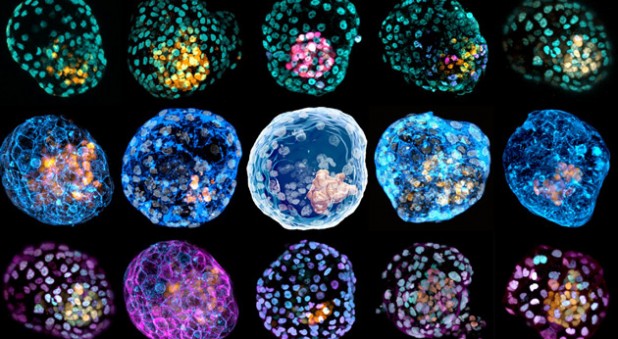Archbishop Glenn Davies has commended the scientists behind the creation of model human embryos for their concern for the ethical implications of their work.
Professor Jose Polo and a team at Melbourne's Monash University announced in the journal Nature that they had generated the first model of a human blastocyst from skin cells, called an iBlastoid, which behaves like a human embryo in its early stages.
They believe it will enable scientists to study very early days of human development and the causes of infertility as well as congenital disease. It also allows study of the impact of toxins and viruses on early embryos, without using human blastocysts.

Professor Polo stressed that he did not believe he was creating life or something that could develop into a human but rather a good model of the very early stages of embryonic development.
He said he had paused research, once the implications became clear, in order to check with the government's ethics panel.
He also posed the question of how religious leaders would view the work. Archbishop Davies, interviewed on ABC Radio, answered the question.
"I commend Professor Polo for asking these ethical questions as soon as he realised what he had, he wrote to the ethical board which oversees these things...so he's obviously a thoughtful person. Aren't we blessed with good scientists in our country?" Dr Davies said. "I cannot see that there's an ethical problem. It's not embryonic research as we normally know it. Embryonic cells and stem cells for example, we've always had difficulties with that by using aborted material, but adult stem cells, we have always supported that."
"This is clearly early days, it is right to tread carefully as we approach new frontiers. But I think this fascinating because the human body that God has made is so rich in its complexity....I think this is a very good way forward. May their work ease suffering and bring healing."























